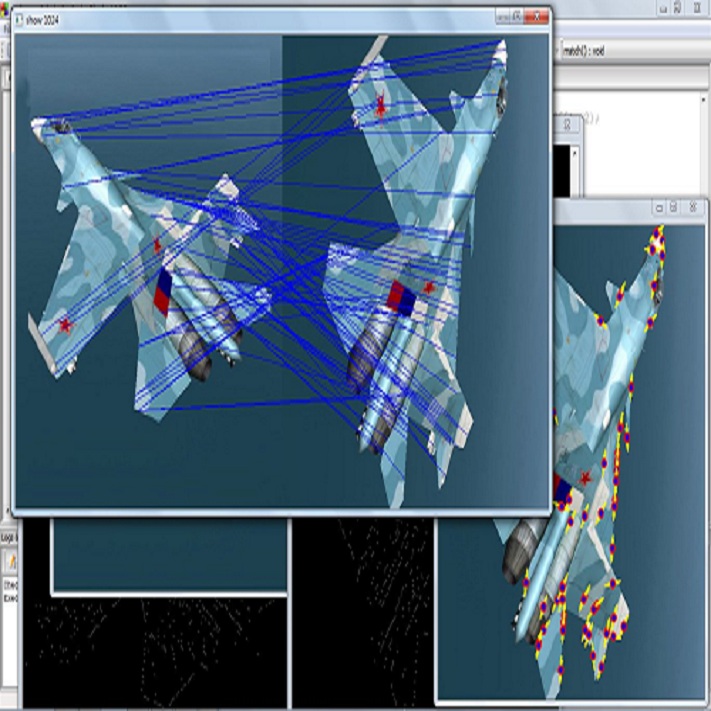Free Point Transformer (FPT) has been proposed as a data-driven, non-rigid point set registration approach using deep neural networks. As FPT does not assume constraints based on point vicinity or correspondence, it may be trained simply and in a flexible manner by minimizing an unsupervised loss based on the Chamfer Distance. This makes FPT amenable to real-world medical imaging applications where ground-truth deformations may be infeasible to obtain, or in scenarios where only a varying degree of completeness in the point sets to be aligned is available. To test the limit of the correspondence finding ability of FPT and its dependency on training data sets, this work explores the generalizability of the FPT from well-curated non-medical data sets to medical imaging data sets. First, we train FPT on the ModelNet40 dataset to demonstrate its effectiveness and the superior registration performance of FPT over iterative and learning-based point set registration methods. Second, we demonstrate superior performance in rigid and non-rigid registration and robustness to missing data. Last, we highlight the interesting generalizability of the ModelNet-trained FPT by registering reconstructed freehand ultrasound scans of the spine and generic spine models without additional training, whereby the average difference to the ground truth curvatures is 1.3 degrees, across 13 patients.
翻译:自由点变换器(FPT)建议采用深神经网络,作为数据驱动的非硬点定点登记方法,使用深神经网络,FPT不承担基于点附近或通信的限制,因此可以简单灵活地对它进行培训,尽量减少基于Chamfer距离的未经监督的损失,使FPT易于采用现实世界的医疗成像应用,即地面真相变形可能无法获得,或者在只有不同程度的完整程度的点对点组合进行校准;为了测试FPT的通信查找能力及其对培训数据集的依赖程度,这项工作探索FPT从精确的非医疗数据集到医疗成像数据集的通用性。首先,我们用模型Net40数据集对FPT进行培训,以显示其有效性和FPT的高级注册性高于基于反复和学习的定点的登记方法。第二,我们展示了僵硬和不固定的登记和对缺失数据的可靠性能。最后,我们强调模型网络训练能力及其对培训数据集的局限性,从精准非医疗数据集到医疗成像数据集的普及性通用模型的通用模型的可普遍性。



